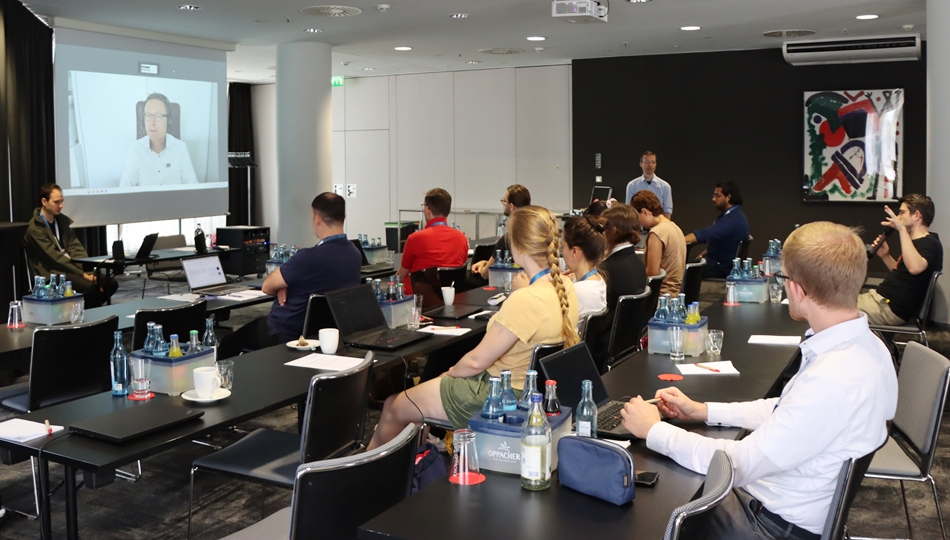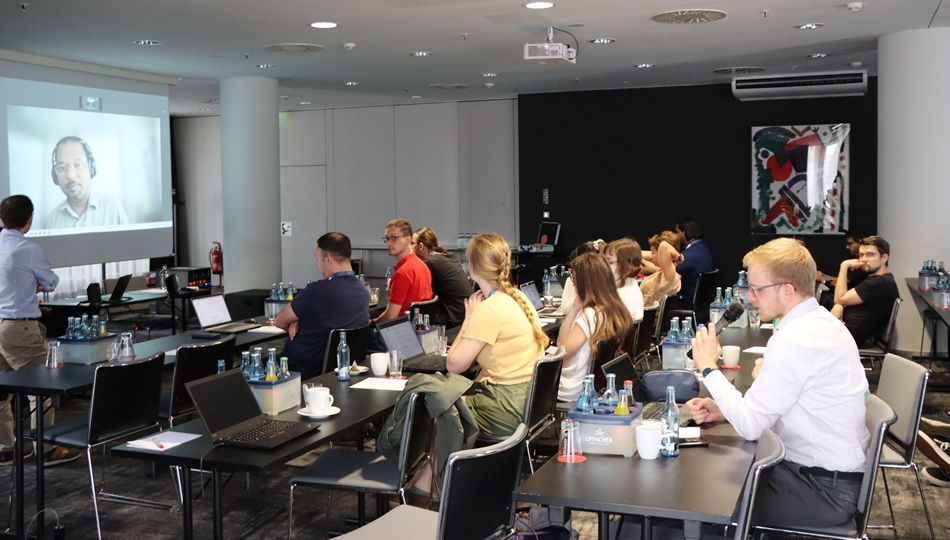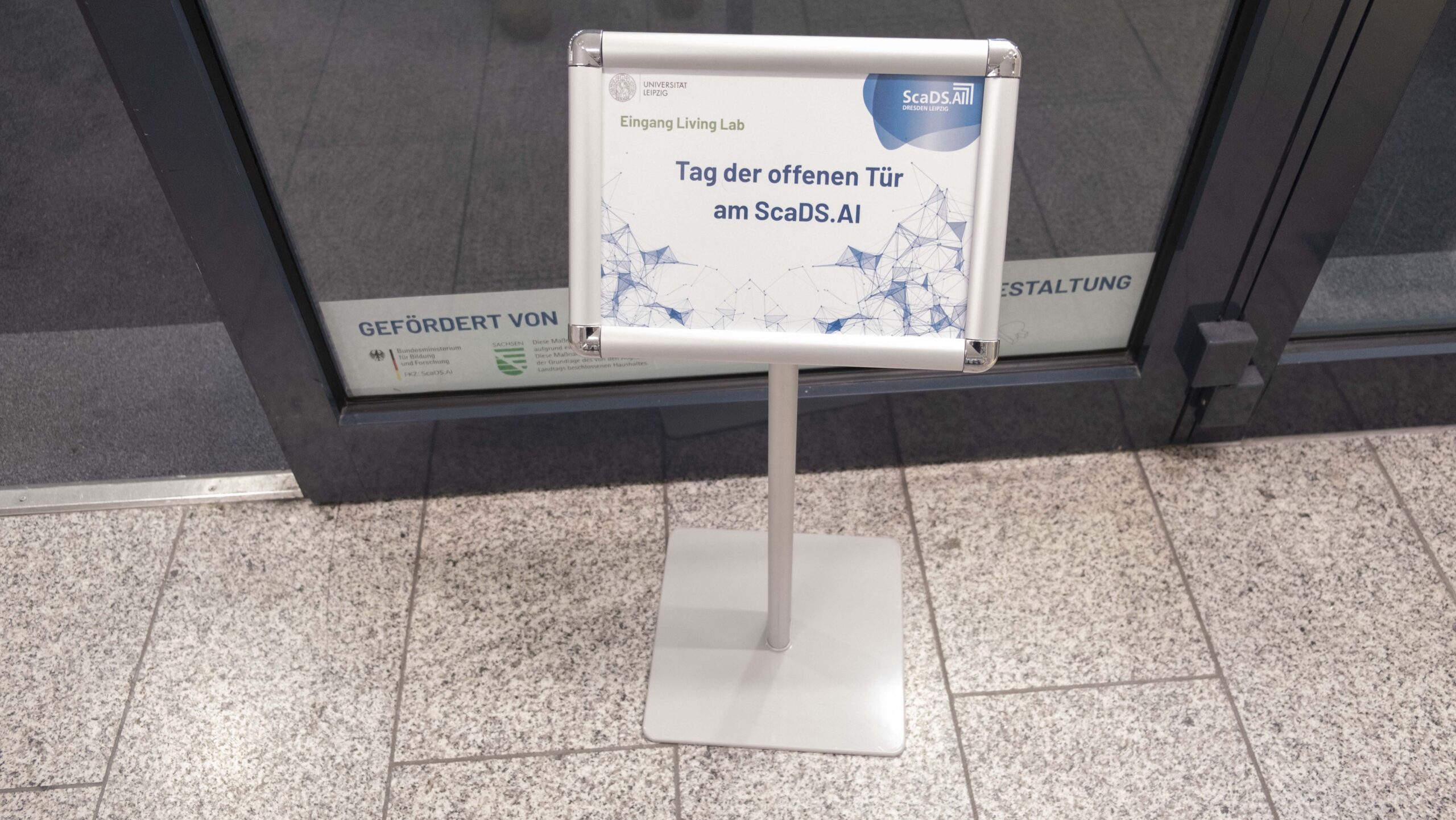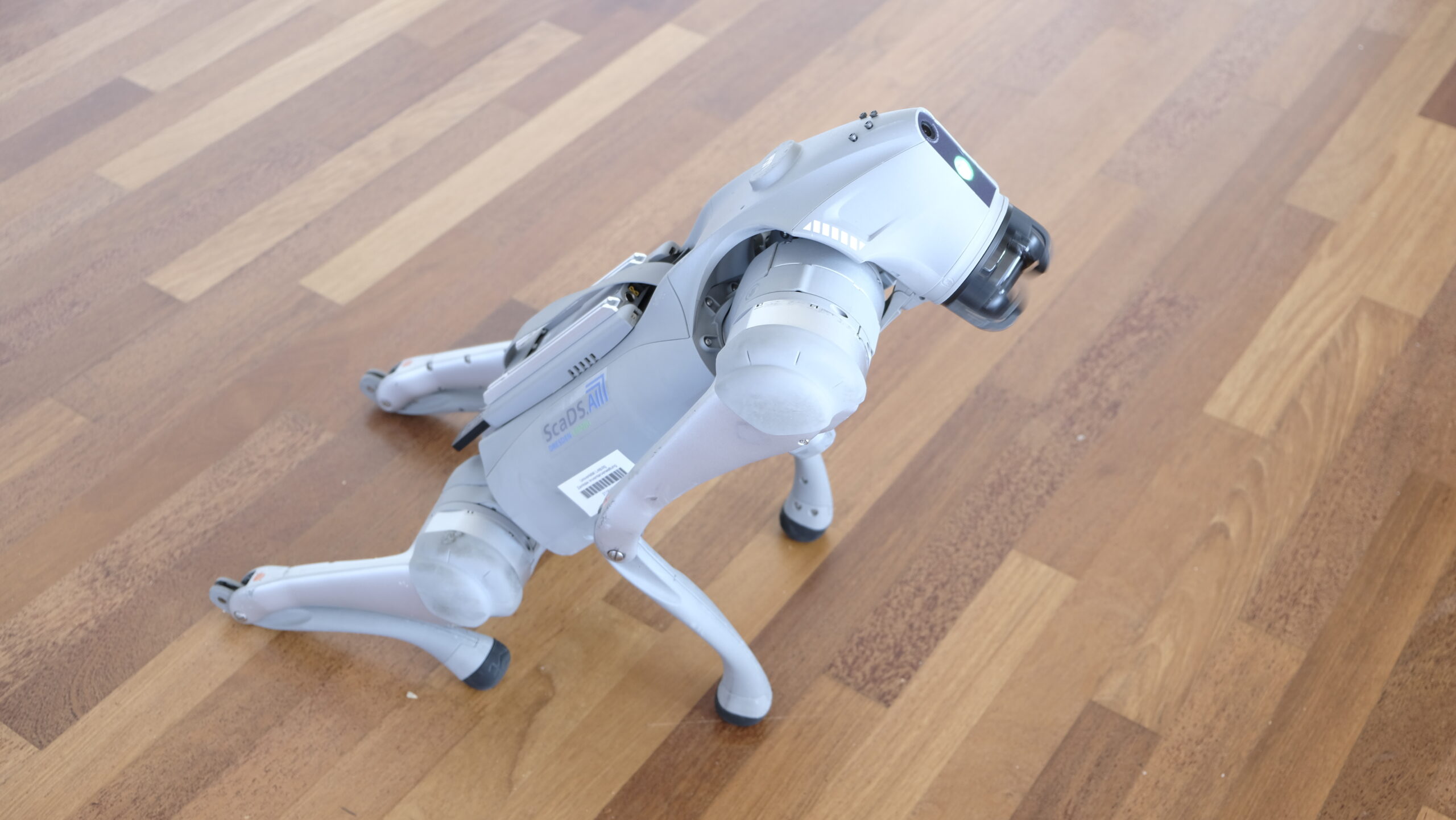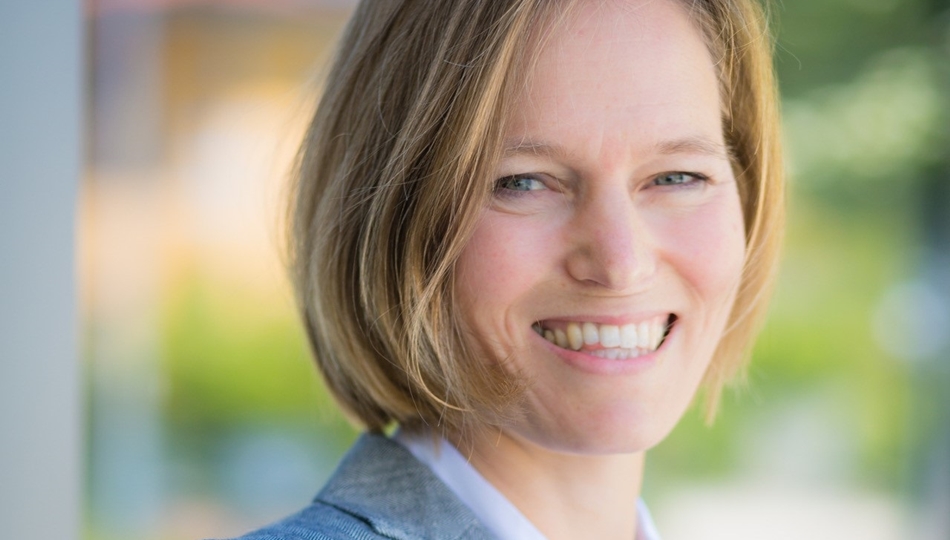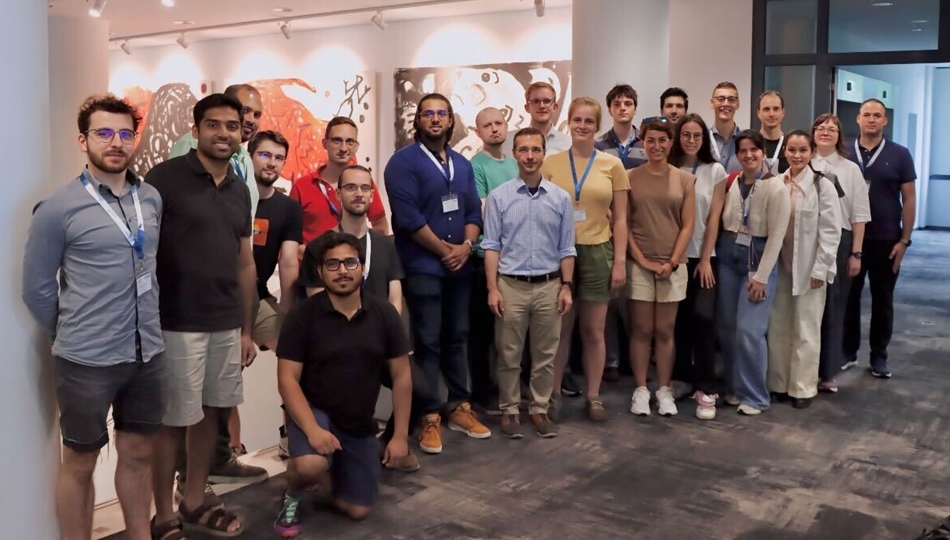
July 3, 2025
All About Language Models: 11th International Summer School on AI and Big Data

From June 23–27, 2025, more than 40 people joined the 11th International Summer School on AI and Big Data by ScaDS.AI Dresden/Leipzig. The topical focus lay on the generation and use of language models and their many application areas, highlighting the areas of education and ethics.
Program of the 11th International Summer School on AI and Big Data
Monday, June 23, 2025
At 1:30 PM, Dr. René Jäkel and Prof. Michael Färber (ScaDS.AI Dresden/Leipzig, TU Dresden) welcomed the participants with an intro and a short overview of ScaDS.AI Dresden/Leipzig and language models.
Afterwards, it was time for the first keynote of the week. In his keynote Towards Trustworthy and Factual Large Language Models, Prof. Fredrik Heintz (Linköping University), presented ongoing research from the EU project TrustLLM, which tackles the full range of challenges of large language model (LLM) development:
- ensuring sufficient quality and quantity of multilingual training data,
- sustainable efficiency and effectiveness of model training,
- enhancements and refinements for factual correctness, transparency, and trustworthiness,
- suite of holistic evaluation benchmarks validating the multi-dimensional objectives.
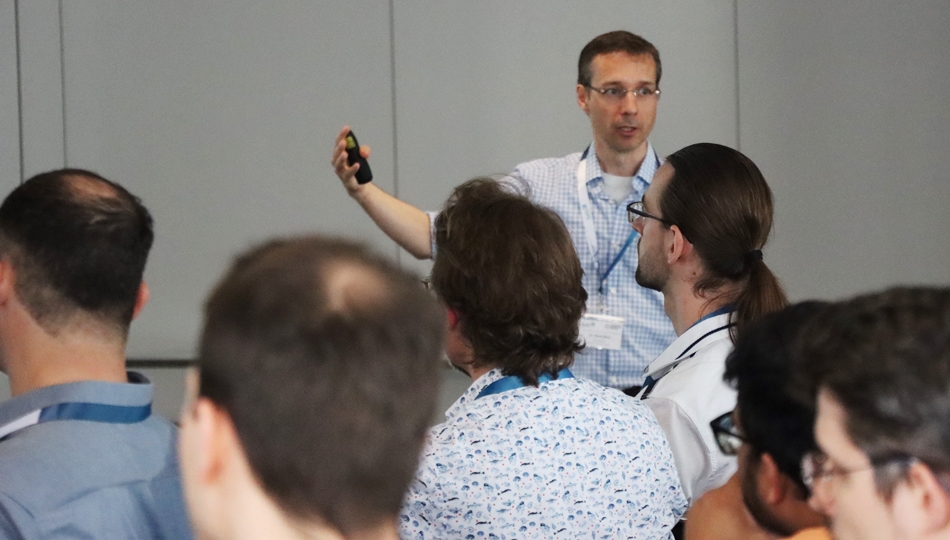
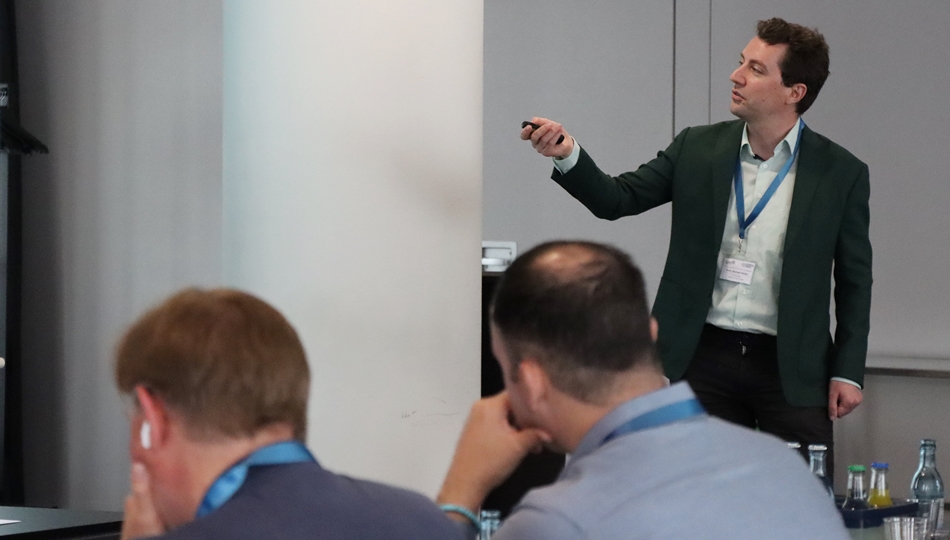
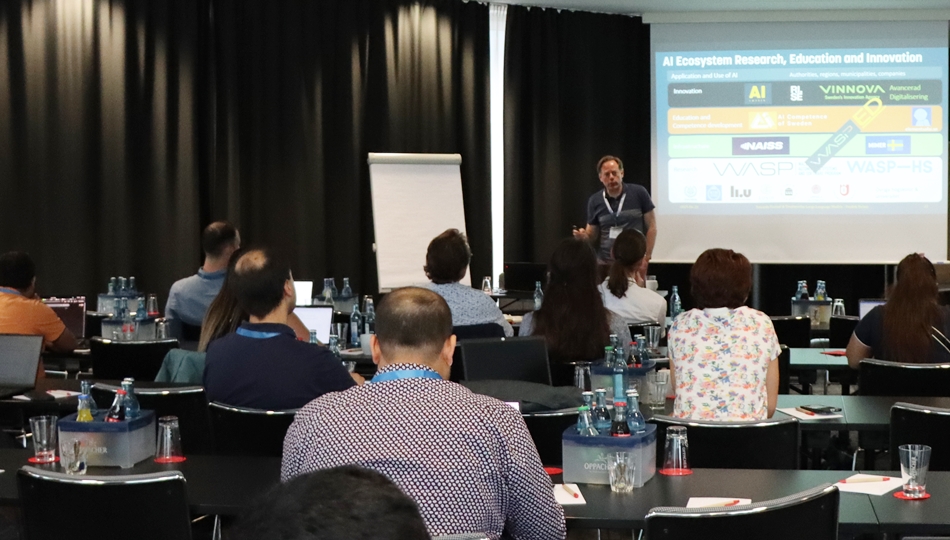
At 4:30 PM, the educational program of the day was finished. Afterwards, we invited all participants to join our get together with finger foods and engaging discussions at Penck Hotel Dresden. Time passed quickly and we soon bid farewell to the participants for the evening, while already looking forward to Tuesday.
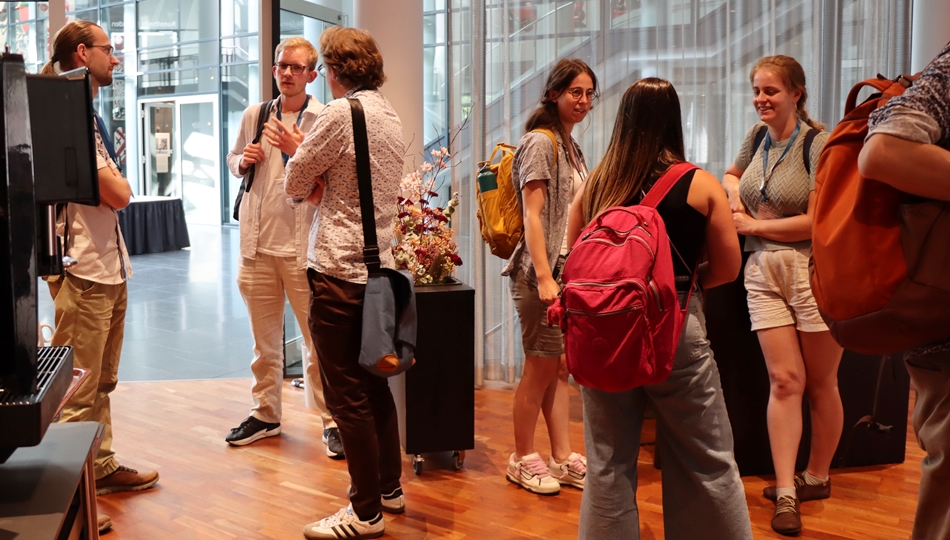
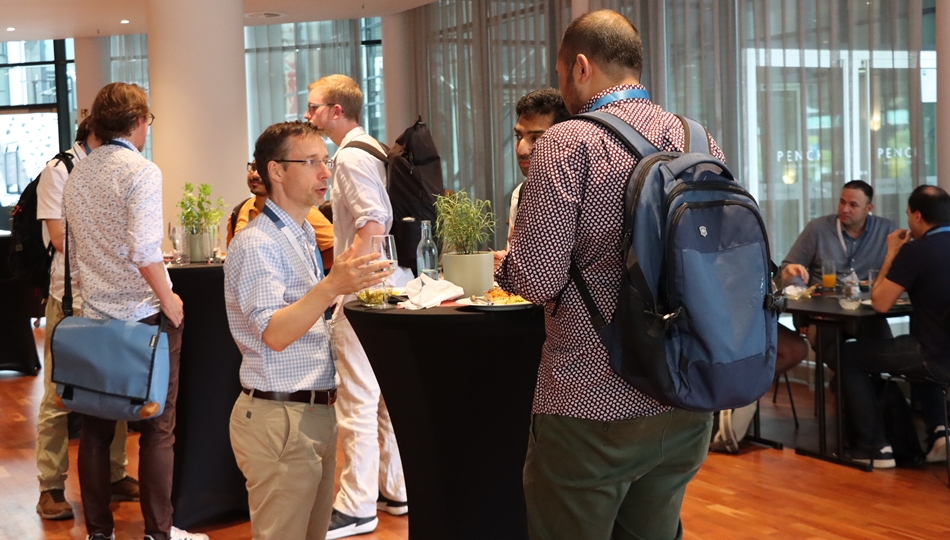
Tuesday, June 24, 2025
The second day of the 11th International Summer School on AI and Big Data was filled with insightful keynotes by internationally recognized experts.
Prof. Mehwish Alam (Télécom Paris) started the day with her keynote on Language Models and Symbolic AI. In this keynote, Prof. Alam explored the intersection of language models and symbolic AI, highlighting various algorithms and frameworks developed based on language models for knowledge graph completion, taxonomy refinement, and other downstream tasks such as author name disambiguation. Furthermore, she gave an overview of the ongoing research in the field.
Dr. Sami Alexej Nenno (SynoSys, TU Dresden) spoke on Natural Language Processing in Computational Social Sciences. During his keynote, he presented impressive examples of how digitalization is not only changing our daily lives, but also politics with huge impact in the real world. He provided insights into how to work with data from the world wide web, while highlighting the importance of the Digital Service Act. Furthermore, he gave a description on how to do an automated content analysis to research digital propaganda and real-world polarization.
Dr. Pia Diergarten (Friedrich Schiller University Jena) talked about the intersections of AI and the German Concept of Bildung. She explained the context and methodological assumptions of the research project THInKI – Thuringian University Initiative for AI in Higher Education. In addition to presenting the methodological approach and an outlook on the initial results that are emerging, she provided space for exchange and discussion following the presentation:
- How is the amplification of AI in the context of university teaching changing our idea of higher education?
- What impact will this have on the development of higher education in the future?
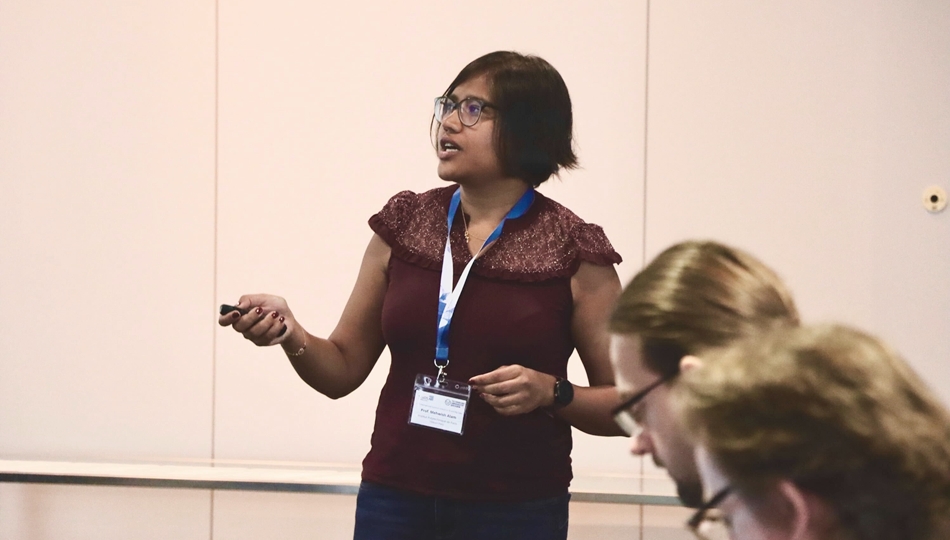
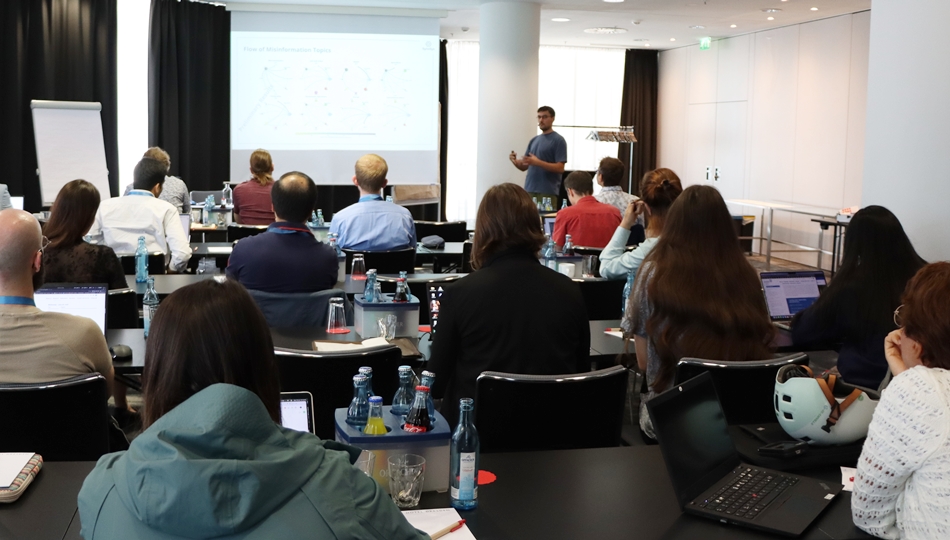
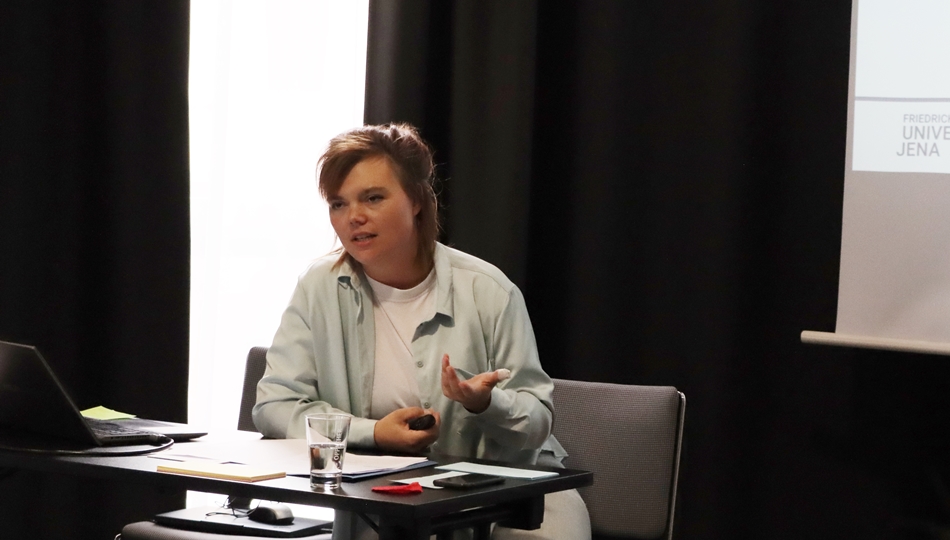
Wednesday, June 25, 2025
On Wednesday, Nicholas Popovič explored the foundational concepts and key terminology in language modeling with the participants. We started with basic questions like ‘What is an embedding?’ and progressed to how autocomplete models can be transformed into sophisticated AI chat assistants. The participants gained an understanding of the Transformer architecture, encoder-only models, and an overview of the full decoder-only pipeline from pre-training to post-training techniques such as instruction tuning and learning from human feedback.
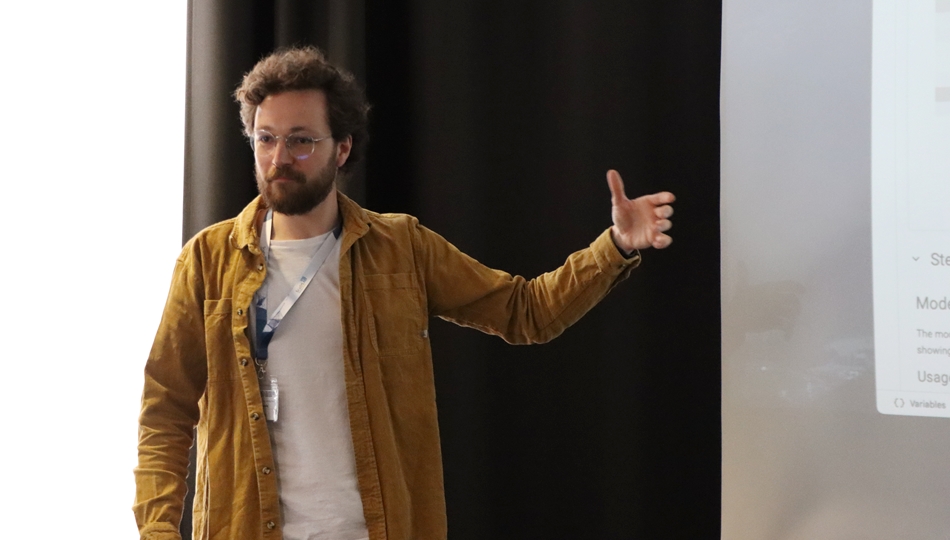
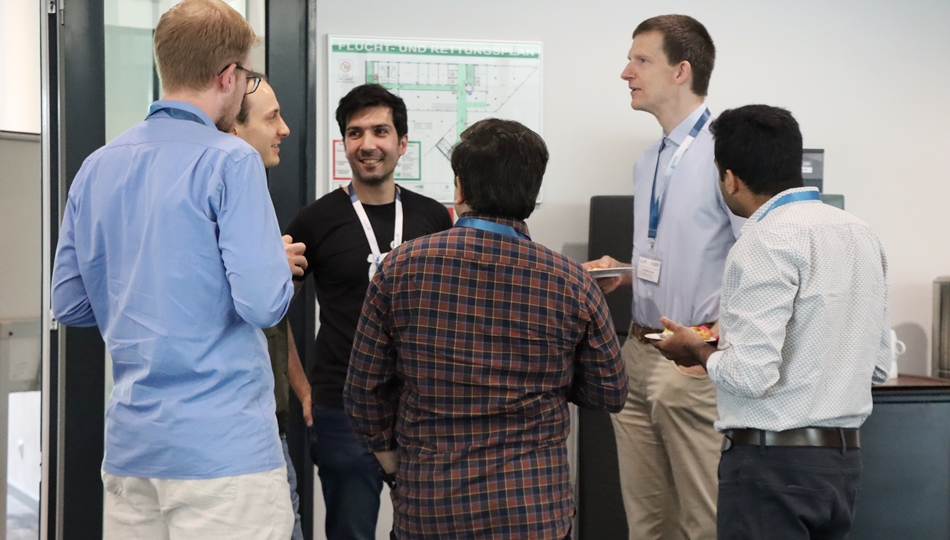
In the afternoon, we invited all participants to a fun social event. At 4:00 PM, we split the participants into two groups for guided tours. The first group went to the Gläserne Manufaktur Dresden to gain insights into the car manufacturing process at Volkswagen. Participants also learned how Volkswagen’s production process allows vehicles to be individualized according to each customer’s wishes, from special design details to innovative technology features. The tour was very interactive, as the participants asked many questions, ranging from how many cars they produce in a day to how the entire production process works.
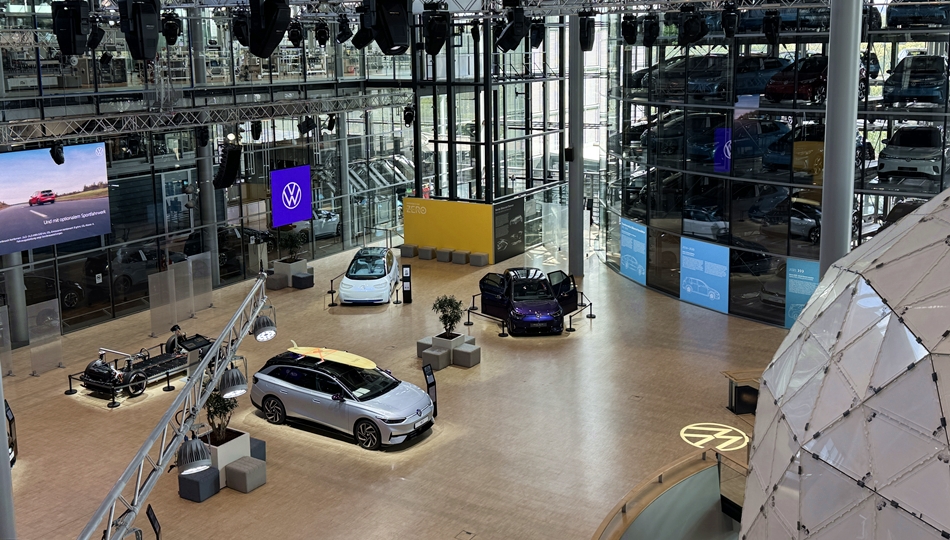
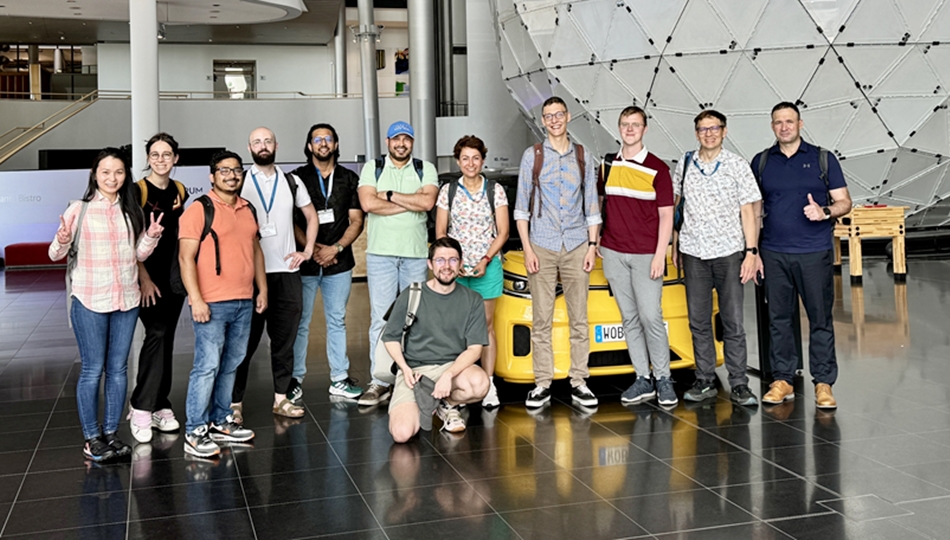
The second group visited the Botanical Garden of TU Dresden to discover the huge variety of plants and explore some of its hidden gems. The group also learned a lot about the impressive history of the garden. Afterwards, we rounded off the evening at the Botanical Garden with a joint dinner and plenty of sunshine. It was a wonderful opportunity for everyone to connect, share ideas, and enjoy the relaxed summer atmosphere together. Many participants shared that this was one of the highlights of the week.
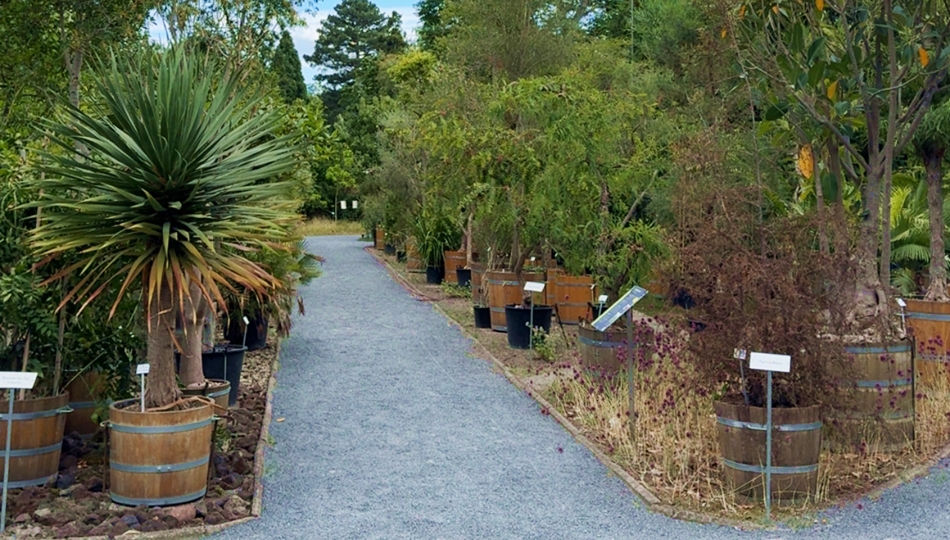
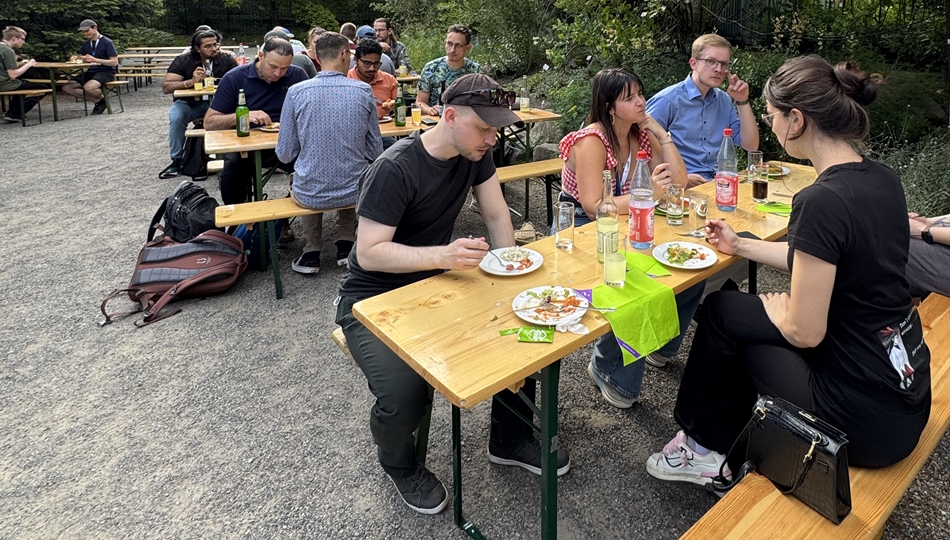
Thursday, June 26, 2025
We dedicated the next day of the 11th International Summer School on AI and Big Data to hands-on tutorials. First, we showed all participants how to use our LLM infrastructures to be able to build a simple chatbot. The challenge? The chatbot is quite unfriendly, and the participants had to reprogram it to make it nicer to work with. Together, we generated program code and data, whereas the latter task is not as easy. Bias is a huge challenge when it comes to generating data, which created an initial starting point for interesting discussions.
After lunch, we dealt with questions in the context of big data. Retrieval Augmented Generation makes it possible to use AI to search in more documents than can fit in the memory of a computer. This has advantages and disadvantages. We also had very pleasant discussions here, while the participants were able to try out various approaches themselves. Last but not least, we looked at AI agents. Entrusting AI agents with tasks that otherwise only humans can do is an important field of research right now. Participants in the course were able to use AI agents to process image data or program an AI agent to create a PowerPoint presentation from an existing publication. Due to the free choice of topic, we certainly had lots of fun going through the AI-generated presentations afterwards.
The material for our hands-on training is available freely online.
The slides are available here.
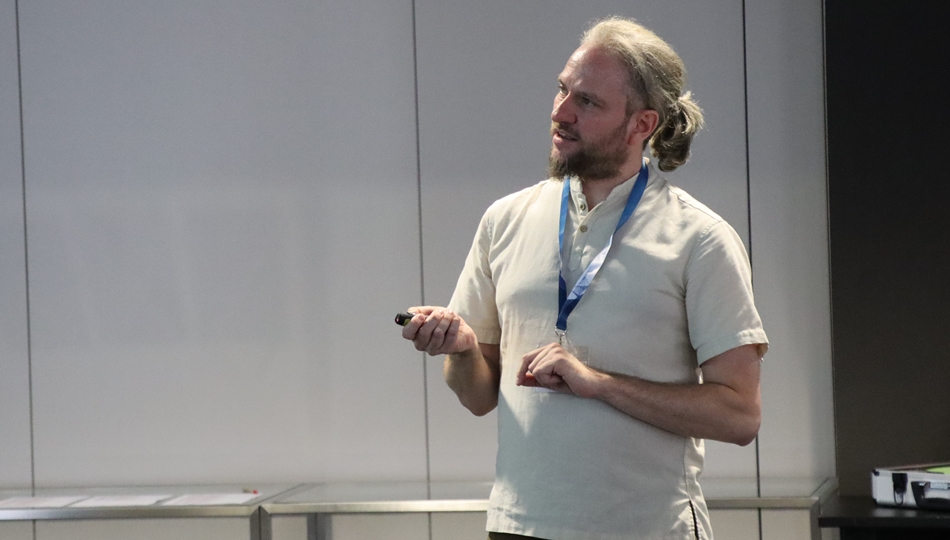
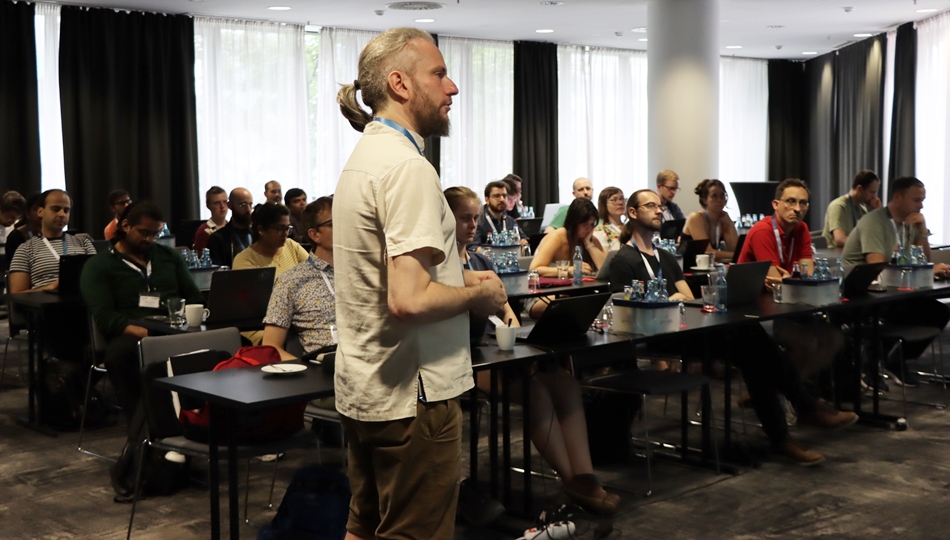
Friday, June 27, 2025
Unfortunately, both keynotes on friday had to be held online. Nonetheless, our speakers gave great insights into their work and made it absolutely worthwile!
Dr. Benjamin Pajot and Jörg Roskowetz (AMD) gave a keynote on AMD Advancing AI and HPC: Technologies, Open Source Tools and Challenges for Sovereign, Scalable Intelligence. They showed how AMD is enabling the next era of AI and HPC applications with powerful CPU and GPU architectures, an open software ecosystem and energy-efficient design. Furthermore, they highlighted technological trends, scaling and integration challenges, and tools and frameworks that enable organizations and research institutions to maintain sovereignty and accelerate innovation.
Dr. Anand Subramoney (Royal Holloway, University of London) held the last keynote of this years’ summer school: Scalable Architectures for Neuromorphic Machine Learning. He discussed how to design architectures for neuromorphic machine learning from first principles, taking inspiration from biology without being constrained by biological details. He presented recent work from his group on using various forms of sparsity and distributed learning to improve the scalability and efficiency of neuromorphic deep learning models.
